You are at home – the lights turn on and off when you want, the television is working, and the refrigerator is cooling well. This is why you probably think that the house wiring is still working on point, right? This may not be completely true. Like everything else, your house electrical wiring also experiences wear and tear over time and if left unchecked, faulty electrical work can cause fatal calamities such as fires. Needless to say, the drastic rise in consumer appliances and electronics are a great contributing factor to this; older home wiring was not built to take this load. But how can you be assured that your home electrical wiring needs to be changed? Learn more about that below.
Signs You Need to Update your Home Wiring
While there are many evident signs that you need to update electrical wiring at your home, some are not so obvious. Luckily, we have made a list that will make it easy for you to determine whether or not you need to update your house wiring. Given below are signs you should look out for:
- Lights That Flicker
- Fuses Get Blown Regularly
- There is a Burning Smell Coming From Appliances or Switchboards
- Electrical Outlets That Are Warm to Touch
- Plug Points Without Earthling
- Washrooms, the Kitchen, and Other Areas Exposed to Moisture Have No Ground Fault Circuit Interrupter (Gfci)
- Rodent Damaged Wiring
- Consistent Buzzing Sound From Sockets, Lights, or Appliances
- Usage of Extension Cords to Compensate for the Lack of Plug Points
Things that you may not have known were problematic might suddenly have made you think about updating your house electrical wiring and system. Do you know how to go about this? Well, we have got your back here too.
How You Should Update your House Electrical System?
Updating the electrical system at your house is not as simple as just swapping old wires with new ones. Here is the process you should follow to make it a foolproof job:
- Increase the Power Input to Your Home by Contacting Your Utility Provider as the Number of Electronic Appliances Has Increased Drastically
- Replace the Existing Meter and Circuit Breakers as Per the Electric Load You Have Applied for
- Replace Obsolete Electric Panels, Circuit Breakers, and Wires
- Add Additional Circuits Required to Distribute Adequate Energy to Each Room
- Install New Electric Outlets Where You Deem Fit
While you now know how to update your home electrical wiring and system, you must also learn about which type of wire to use and why. Scroll down to be ‘enlightened’.
Copper Wires – The Best Wire for House Wiring
If you are updating your wiring after 40+ years, there is a high probability that your house has aluminium wiring. While that was cutting-edge at the time, the benefits of copper wiring are now second to none. Given below are a list of reasons that this is the best wire for house wiring:
- Malleability: Copper Can Be Bent Into Shape, Making It Easy to Install in the Toughest of Places
- Ductility: Not Every Wire Needs to Be Thick and Coppers Ductility Allows It to Be Hammered Thin
- Non-corrosive: Copper Does Not Rust of Corrode Even in Extreme Climate
- Good Conductor: Unlike Other Non-precious Metals, Copper is a Good Conductor of Electricity
It is noteworthy to install 200-amp structured wiring to future-proof your home. Not only should this enable you to run all electronic appliances seamlessly but also increase the value of your property. But which branded wire for house wiring do most home owners recommend?
KEI Industries – India’s Top Electrical Wire Manufacturer
Today, people focus on quality more than ever, and KEI Industries is the epitome of just that. A brand that was started in 1968 as Krishna Electrical Industries is now ‘powering’ homes across India and 45 countries around the globe. While we specialize in manufacturing every type of wire for house wiring, we also make solar cables, extra-high voltage cables, low voltage cables, communication or instrumentation cables, and fire-resistant cables, among others. To learn more about them, visit www.kei-ind.com or write to us on info@kei-ind.com.







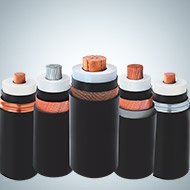
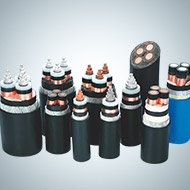
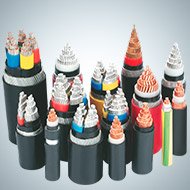

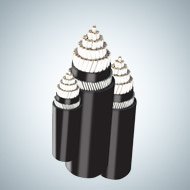

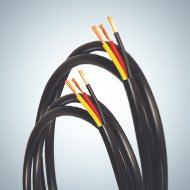
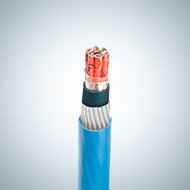
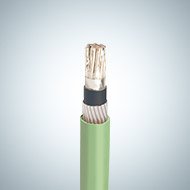
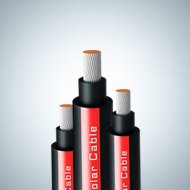
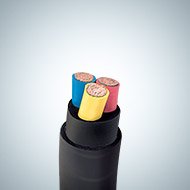
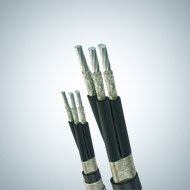
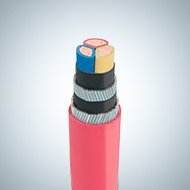
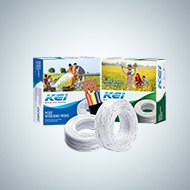

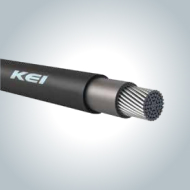
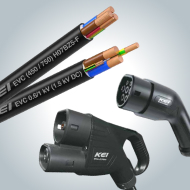
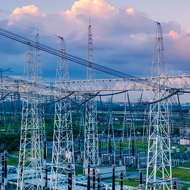


































 Subscribe Newsletter
Subscribe Newsletter